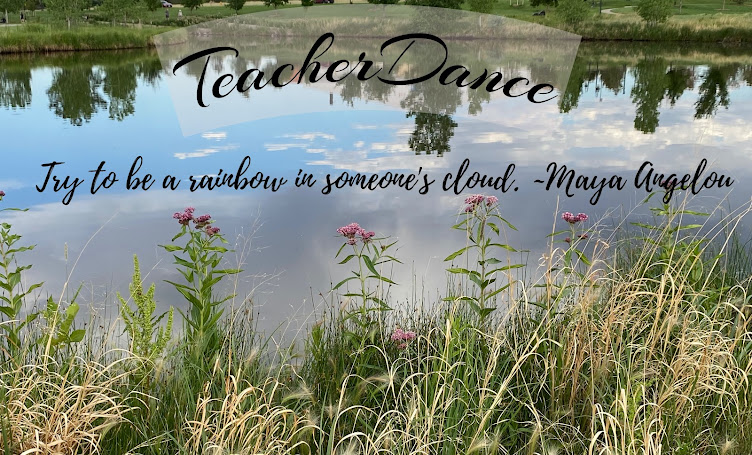Thanks to Alyson Beecher's Non-Fiction Picture Book Challenge at Kidlit Frenzy, everyone shares wonderful non-fiction picture books.
I cannot praise this book enough. It is really a treasure, filled with a fictional diary entries from a midshipman's point of view as the reader learns about the Beaufort's Wind Scale, created by British Naval Officer, Francis Beaufort in 1810. Before then, there was no scientific way for sailors to describe the winds encountered. I've been on two sailing trips with students, a three-masted tall ship and a two-masted schooner, and they were thrilling trips. We studied every part of the ships that this book describes, from the rigging to the ship's terms to learning the songs sung while hoisting sails. Yes, some were seasick and yes, we all climbed to the crow's nest high above the ship's deck.
Each page shares the scientific scale, adds in the diary entry and then adds extra information about myths, the figureheads, the ship's bells and an explanation of knots as measurement. There is a wealth of information, added bio of Beaufort and a glossary at the back. And, each entry includes a gorgeous painting of the way the ship and ocean looked as the wind changed. That last part about sailing within a hurricane was very exciting, and they survived. One added fact is that the USS Constitution is known as the oldest ship afloat. I've sailed on her too in Boston Harbor-what a ship!
I'm a little confused about this book. Some say it is fiction, but my library has it on the non-fiction shelves. However, it does seem to be a 'story' of a girl new to her community and her new teacher has given the class a challenge. They are to find a problem, and work together to solve it. This time, the girl Vivienne discovers that loggerhead turtles nest on the beaches, but when they hatch, the babies can be confused by the lights on the homes along the beach. The class researches, holds fundraisers, makes posters, and has success in turning off those lights! The ending shows the baby turtles following the moon, to the ocean as they should. There are lots of resources at the back, a letter to young activists from Philippe Cousteau, to parents and teachers, and added information about sea turtles. If a teacher wishes to start some kind of action with a class this will be a terrific text to have. The illustrations by Meilo So are lovely watercolors.
I've helped release sea turtles once on a trip with my students. It was an amazing experience. And when I go to the beach in Florida, we do have to keep the shutters closed at night because of the lights. It is a law there.




I love the cover for Follow the Moon Home.
ReplyDeleteI'm interested in books like both of these where fictional elements are used to convey nonfiction content. Problematic for librarians to shelve, but sometimes it makes great books!
They are both wonderful, but fit what you said, Annette, some fiction included. I think they make good mentor texts for students reporting, too, teaching what is fact and what enhances through fiction. Thanks!
DeleteRequesting both titles. Looking forward to sharing Follow the Moon Home with Sara since she went to Costa Rica in high school and helped protect sea turtles.
ReplyDeleteThey were both so good, Ramona. Costa Rica is where I helped with sea turtles too! It was quite an experience! Enjoy!
DeleteBoth of these titles looks fascinating! I was always fascinated by explorers as a child (major, major book nerd here), so the story of the invention of the Beaufort scale would have really interested me. We have a few titles in our library that sort of straddle the very fuzzy fiction-nonfiction line, and I've seen titles that are classified as one category in our system we classified as the other in a neighboring system!
ReplyDeleteBoth these books cross that fiction/non-fiction line, but I enjoyed them both, especially the Beaufort one, Jane. Thanks for your knowledge of it.
Delete